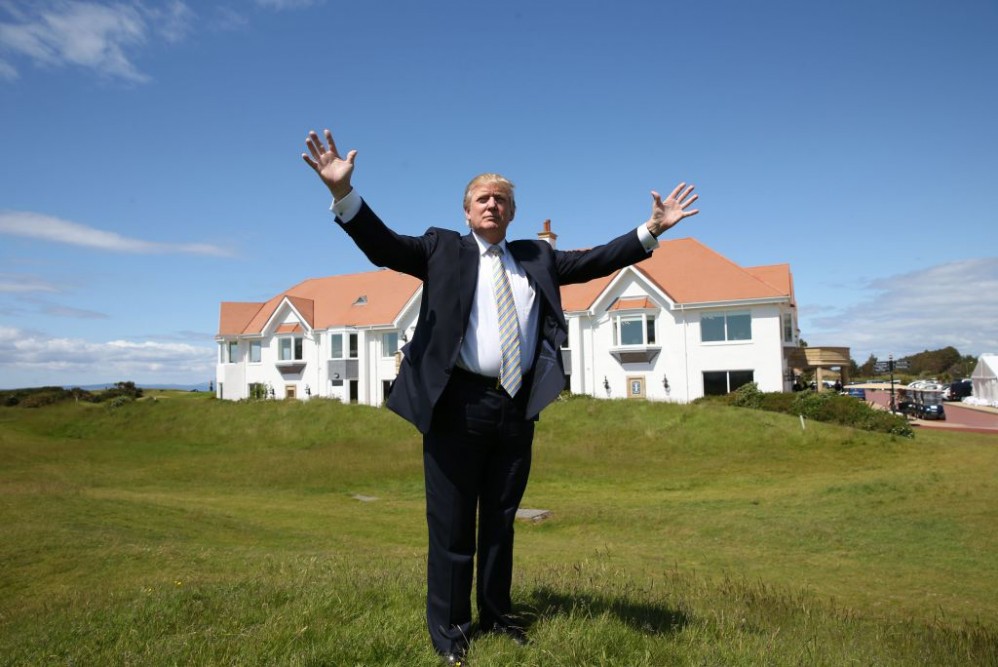Compulsion of populism
August 14, 2017 | Expert Insights

US President Donald Trump is once again under fire.
This time it was for not explicitly condemning the actions of the white supremacy groups that staged a rally in the USA which turned violent.
Background
The ideologies espoused by white supremacists dates back to the 17th century, when scientific racism emerged. The ideology was present in the USA even after the end of the civil war in the 19th century. The civil rights movement (1954-1968) took place to end racial segregation. The far-right movement in America has attracted white supremacists and Nazi sympathizers. The American Nazi Party has functioned since 1959. The Klu Klux Klan (KKK), which advocates white supremacy, has existed since 1865.
The US President has often been criticized for his alleged links to far-right groups. During his campaign, he did not immediately disavow, David Duke, the former head of the KKK. Trump also received unofficial endorsement from the official newspaper of the KKK. When Trump won the election, Duke, said that it was a great victory for “our people.”
Steve Bannon, the White House Chief Strategist has admitted that Breitbart (the newspaper that he used to run) is a platform for the alt-right movement. He is a Nationalist with populist views.
Analysis
A number of white supremacist groups participated in a rally called Unite the Right in Charlottesville on August 12, 2017. The next day violence broke out between the participants of the rally and those who had come to protest them. A 20-year-old man plowed through the protestors with his car. The driver Alex Fields, who has been arrested was a Nazi sympathizer. One woman was killed and 19 others were injured. Two state troopers were also killed when their helicopter, which had been assisting with the police response to the rally, crashed outside the city later in the day.
The US President did not speak out about the rally on August 12th. He offered his condolences on August 13th. He said, “We condemn in the strongest possible terms this egregious display of hatred, bigotry and violence, on many sides. On many sides.” His failure to specifically condemn the white supremacists has been widely criticized even by members of his own party. Senior Republican lawmakers like Marco Rubio directly demanded that Trump should condemn white supremacy by its name. Rubio tweeted, that it was “very important for the nation to hear @potus describe events in #Charlottesville for what they are, a terror attack by #whitesupremacists.”
The Governor of Virgia in contrast had strong words for the white supremacists telling them to “go home”. He said, “Go home. You are not wanted in this great commonwealth. You are not patriots. You came here today to hurt people and that is not patriotic.”
National Security Adviser, H.R. McMaster also broke ranks with the Trump administration and labelled the event a terrorist attack. A spokesman for the White House defended Trump’s statement noting that his condemnation included white supremacists. However, the President himself has personally not condemned white supremacy by name. This isn’t the first time Trump has delayed his response to violence incited by racism. He is yet to condemn the bombing of a Mosque in Minnesota that took place in August.
A prominent US civil rights group, the Southern Poverty Law Center (SPLC) says that it is currently tracking more than 1,600 extremist groups in the country.
Assessment
Our assessment is that populist leaders like Donald Trump will find it difficult to distance themselves from hate groups in fear of losing their vote base. It is important to note that the problems of two of world’s largest democratic country resemble one another. In India, Prime Minister Modi has struggled to condemn violence perpetuated alt-right nationalists for not wanting to lose his core base. In 2017, only after 20 attacks by the “gau rakshaks” (cow protectors), did he finally break his silence and condemned them. This is the compulsion of populism.








Comments